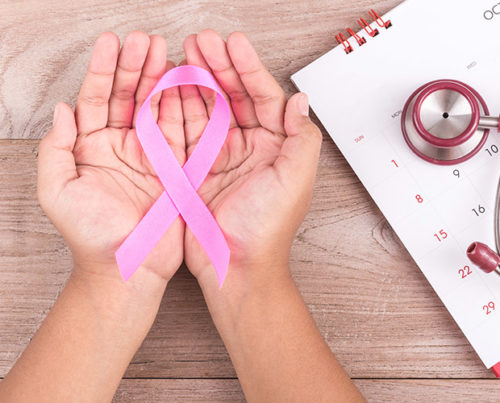Breast Cancer research is a vast area with plenty of room for advancement. With groundbreaking discoveries being made every day, there were some big breakthroughs made is 2017, paving the way for 2018 to be the biggest year in cancer research yet. This article is going to cover three of the biggest breakthroughs in breast cancer research.
BRCA1 and BRCA2 Research
The first study was performed on 302 women with a BRCA mutation who had metastatic breast cancer. An FDA approved drug, Lynparza, was used (otherwise known as olaparib), which is approved for women with ovarian and breast cancer. The study showed that olaparib not only delayed the cancer progression by 3 months, but also caused any tumors to shrink. After a 14 month period of treatment, the women in the study had on average a 42% lower risk of cancer progressing compared to women who received chemotherapy treatment. Using olaparib could postpone IV chemotherapy, hair loss and low white blood cell count.
HER2-Positive Breast Cancer Research
The FDA approved the drug Nerlynx or Neratinib in July 2017. This is the first drug of its kind and is designed to prevent the return of HER2+ breast cancer. Blocking the enzymes that fuel cancer cell growth, make this drug groundbreaking. This clinical test was evaluated on more than 2,800 women with early stage HER2+ breast cancer and had undergone chemotherapy treatment with the drug Trastuzumab. Over a course of 2 years, 94.2% of the users didn’t experience any recurrence.
Estrogen-Positive Breast Cancer Research
Scientists created an innovative molecule called ERX-11 and tested it on mice and human cancer cells at UT Southwestern Simmons Cancer Center. The drug is effective by blocking estrogen receptors from coming in contact with the co-regulator proteins that cause tumor growth. Researchers believe that ERX-11 holds promise as a first-line breast cancer therapy in the future.
These are only a few of the groundbreaking studies that have been done in 2017, and 2018 holds so much potential for future research to be done. We are trying to annihilate breast cancer once and for all.

